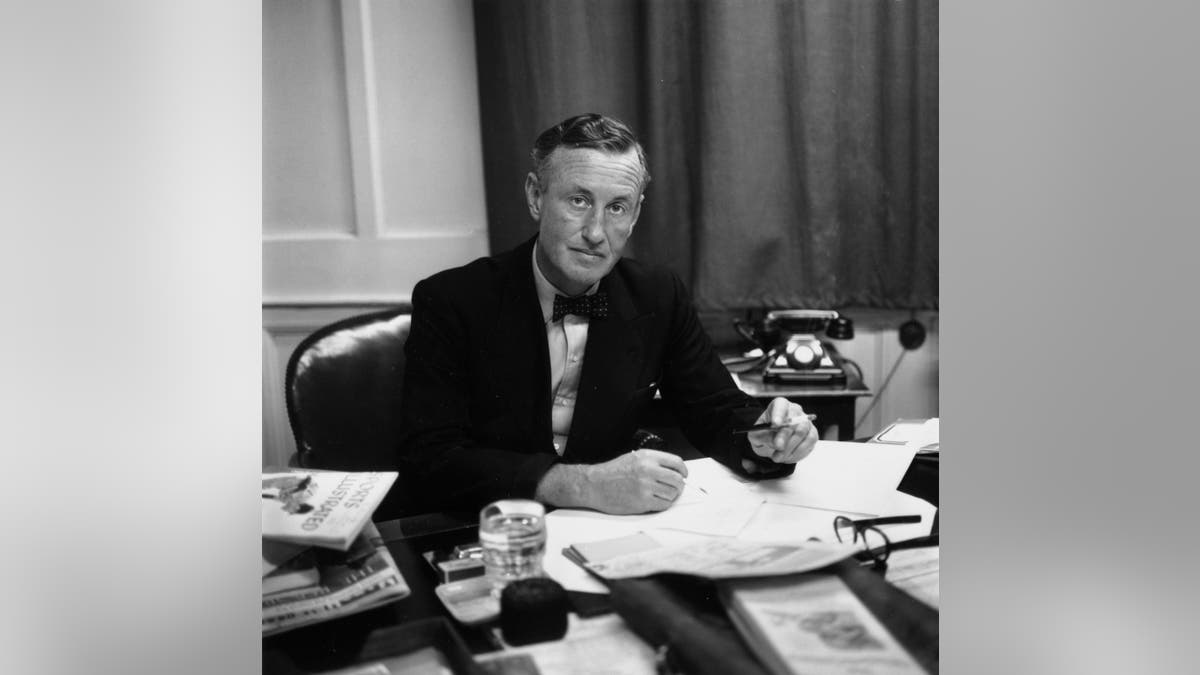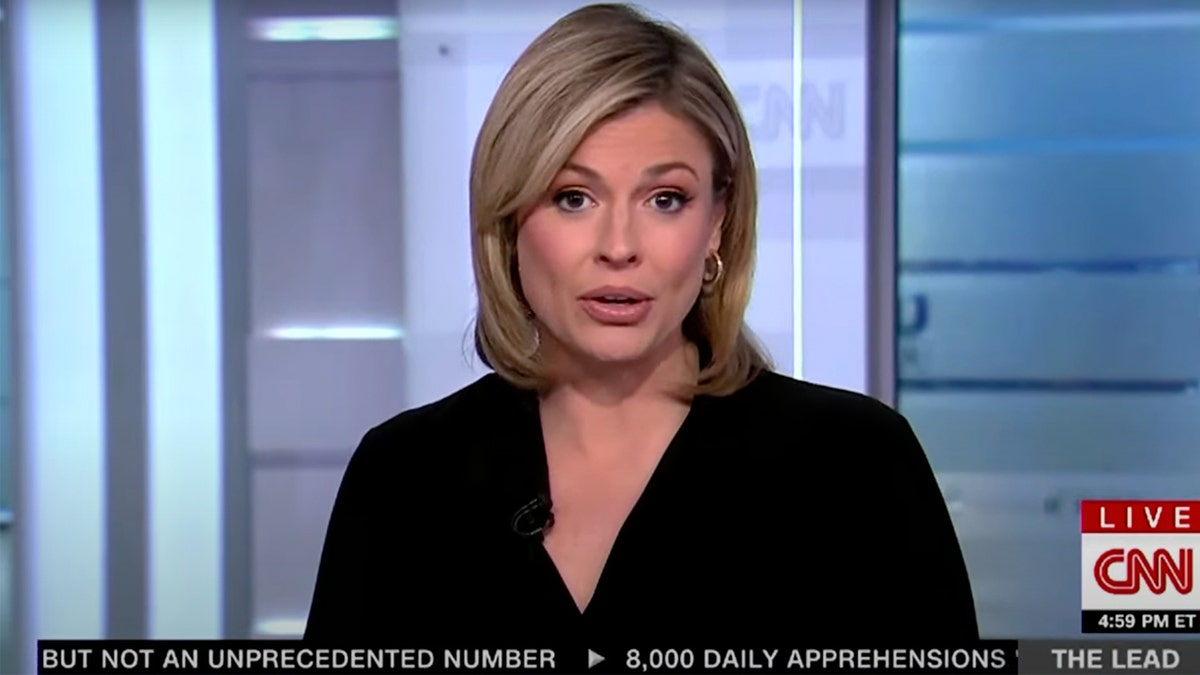The literary world is grappling with a wave of revisions and content warnings added to classic works, raising questions about censorship, cultural sensitivity, and the preservation of artistic integrity. Authors like Ernest Hemingway, Roald Dahl, and Ian Fleming are among those whose works have been reevaluated and, in some cases, altered.

Hemingway's "The Old Man and the Sea," a Pulitzer Prize-winning novella, has been flagged by the University of the Highlands and Islands in Scotland for its depiction of fishing. While some view this as an overreach, the university defends the practice, stating that content warnings allow students to make informed choices about the material they engage with. Publisher Penguin Random House has also added trigger warnings to Hemingway's works, citing concerns about his language and attitudes. This decision has drawn criticism from some, including biographer Mary Dearborn, who argues that shielding readers from the realities of the world, even those depicted in fiction, is counterproductive.

The debate extends beyond Hemingway. Dahl's children's books have been revised to remove language deemed insensitive, and Fleming's James Bond series has undergone similar changes. Even more recent works, like R.L. Stine's "Goosebumps" series, have been edited to align with contemporary sensibilities.

These revisions often involve removing or rephrasing passages considered racially insensitive or offensive to certain genders, adopting more inclusive language, and eliminating potentially harmful descriptions related to weight, ethnicity, or mental health. While some applaud these changes as necessary steps towards creating a more inclusive literary landscape, others express concern that they compromise the artistic integrity of the original works and erase important historical context.

The discussion surrounding these revisions highlights the tension between respecting the author's original intent and adapting to evolving cultural norms. As publishers and educational institutions grapple with these complex issues, the future of classic literature and its accessibility to future generations remains a topic of ongoing debate.








